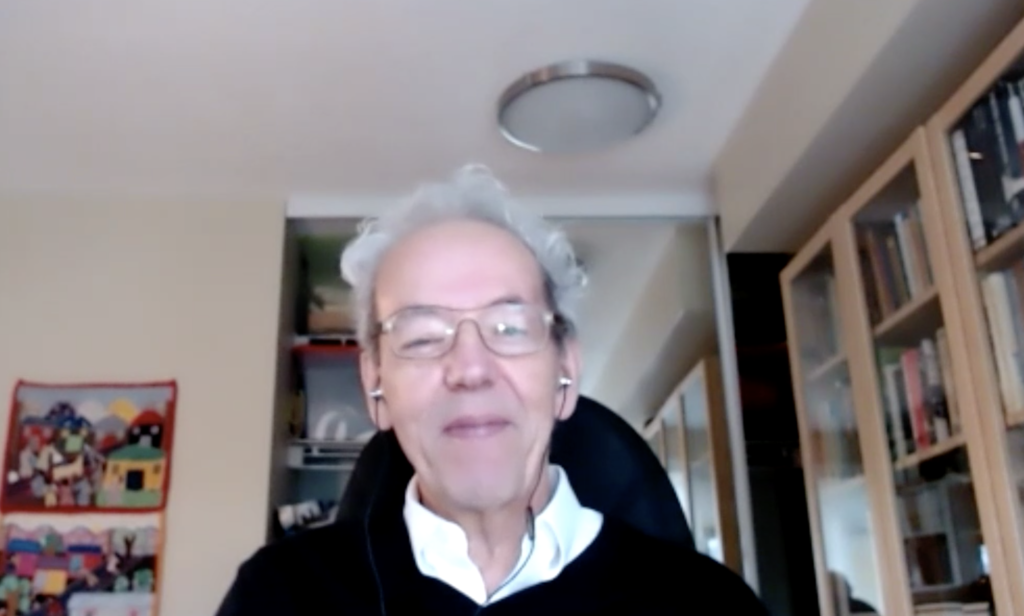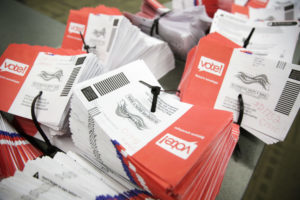With a further distrust in the media, Americans begin questioning the legitimacy of the democratic institutions themselves.
Video by Koylan Azofeifa
Multimedia by Sophia De Guzman
Story by Madison Schuliakewich
Misinformation, and disinformation, in the U.S. election has caused a further distrust in the media that may never recover.
Distrust in the media is not a new concept. Since journalists are the voices of truth, many politicians over the years have called out news organizations for spreading lies when the news is not in their favour.
Story continues after interactive
Interactive displaying times that disinformation shared in the 2020 U.S. election became the news. (RSJ/ Sophia De Guzman)
James Turk, director of the Centre for Free Expression at Ryerson University, said, “If you’re trying to create distrust in government, in democracy, one of the first things you want to do is attack those institutions that are central to the public knowing what’s happening.”
Twitter has begun flagging tweets for misinformation, with warnings indicating when something is misleading or disputed.
I won the Election!
— Donald J. Trump (@realDonaldTrump) November 16, 2020
While these sorts of warnings are meant to combat misinformation, Turk suggests that it actually creates a greater distrust in the media and puts the fate of democracy at risk.
John Beebe, leader of the Democratic Engagement Exchange at Ryerson University, said that a lot of distrust today comes from seeing opposition as the enemy rather than an opponent. When people feel that everyone is against them, they lose faith in fair reporting.

According to a Gallup poll back in February, nearly three in five Americans question the legitimacy of the U.S. elections.
Alex Spears, President of the Provincial Campus Liberals said “If people don’t believe in the legitimacy of the institution,” he says, “Then they’re not going to participate, and that’s how you get onto a slippery slope into authoritarianism.”



Leave a Reply